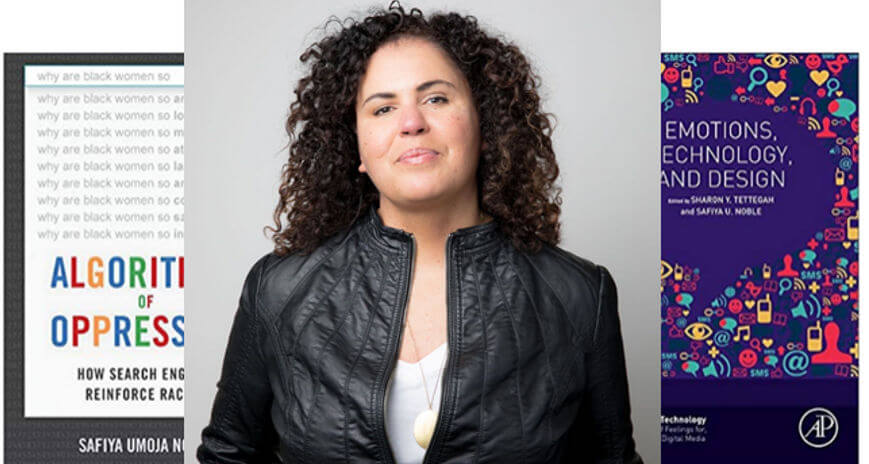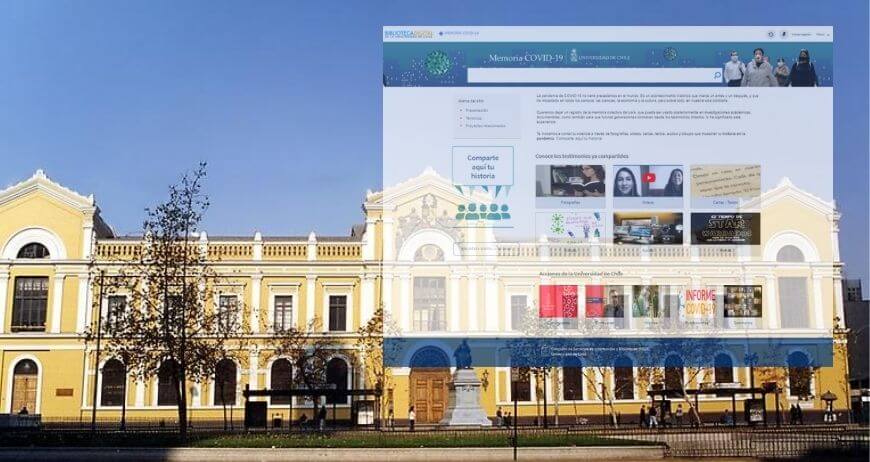Dani Guzman, Product Marketing Director, Ex Libris
October was the International School Library Month, a perfect time to look at the buzz around the future of libraries. Several articles this month highlight the ever-present tension between increasing digitization and maintaining physical library assets – from imagining what some of the world’s most well-known libraries would look like in a totally bookless future, through using technology to preserve national print treasures, to a passionate defense of the traditional library stacks. In addition, we present a review of the 2016 Designing Libraries for the 21st Century Conference and one clever design idea already implemented at the New York Public Library. Finally, you can watch a short video on how the modern library can best support academic research today.
World’s Most Iconic Libraries Go Bookless for International School Library Month
Innova Design Solutions, an interior design specialist company, decided to envision well-known public, academic, historic and modern libraries as bookless study halls. The product is a series of images that are intended to “kick-start the discussions needed to ensure that high-quality digital libraries become our future reality,” according to Daniel Heginbotham, National Sales Manager for Innova. The reimagined interiors include the British Library, the US Library of Congress, the Library of Alexandria in Egypt, and more. Take a look at the virtual libraries here >>>
Building the Theatre of Memory: Digitising the Welsh Print Collection
One role of technology in the library sciences is undoubtedly preserving a more accessible record of invaluable printed material. That is precisely the project the National Library of Wales undertook in 2011, in what is known as the Theatre of Memory (in Welsh, Theatr y Cof). Now, the NLW is embarking on the digitization of its Welsh Print Collection, covering books and periodicals published in Wales, by Welsh authors, or about Wales – an estimated 300,000 titles. The goal, according to the NLW, is to make the printed history of Wales “freely available to be searched and read by anyone on the internet.” Darllenwch mwy yma (“Read more here”) >>>
It’s Not Too Late to Save the Stacks
Writing in the Chronicle of Higher Education, educator and poet Ann E. Michael responds to the growing digitization and virtualization of libraries with an impassioned plea to preserve the unique pleasures of “browsing the stacks.” Emphasizing she has “no argument” with new approaches to information discovery and delivery, she draws on her considerable skills as a writer and notes that “the stacks absorb sound but also attract thoughts.” Read more here >>>
Get Ready to Take a Ride on the New York Public Library’s New Book Roller Coaster
There are still physical books to retrieve in the New York Public Library. The problem is that the library is massive, with its Milstein Research Stacks holding up to four million volumes alone. The solution, revealed for the first time this month, is what Lulu Chang of the Digital Trends website is calling “a book roller coaster.” Twenty-four cars can transport about 30 pounds worth of books each across 950 feet of vertical and horizontal tracks, from the stacks to the staff. Read more (and watch the train in action) here >>>
A Place to Belong, A Place That Belongs
The Library Journal provides an interesting and detailed report this month of the proceedings of the fifth annual Designing Libraries for the 21st Century Conference, which was held at the University of Calgary in Alberta, Canada. The conference, under the banner “Innovations with Impact,” featured speakers from the design, information, and education sectors. According to the Journal, the conference provided participants with “ample inspiration and examples to take back to their home libraries or design firms.” Read more here >>>
Library Support for the Research Lifecycle
In a brief and informative video, Dr. Starr Hoffman, Head of Planning and Assessment for UNLV University Libraries, describes how academic libraries can support research in the modern university setting. Whether assisting faculty or students, Dr. Hoffman notes, the role of librarians in providing research support is changing as new models of support emerge. Watch the YouTube video here >>>
You might also be interested in

COVID-19
Librarianship
April 28, 2021 |
11 min read
Trends in Physical and Electronic Resource Usage in U.S. Academic Libraries

COVID-19
Librarianship
April 09, 2021 |
5 min read
National Library Week: Recognizing Libraries as a Reliable and Resilient Force

Alma
Librarianship
April 06, 2021 |
6 min read
Centralizing, Optimizing and Cutting Costs
Great library experiences start with software
Download whitepaper

Alma
Librarianship
March 09, 2021 |
7 min read
Finding the Best Integrated Library System for Small and Medium Library Collections and Management

Alma
Librarianship
February 16, 2021 |
6 min read
A Small Library Staff Can Do Much More Than You Think

Alma
Librarianship
November 11, 2020 |
5 min read
The Big Challenges of Small Libraries

Community
Librarianship
October 14, 2020 |
3 min read
Diversity, Equity and Inclusion: Dr. Safiya Umoja Noble Chats with Ex Libris

Alma
Primo
Community
COVID-19
Librarianship
August 13, 2020 |
2 min read
A Unique Approach to Memorializing 
